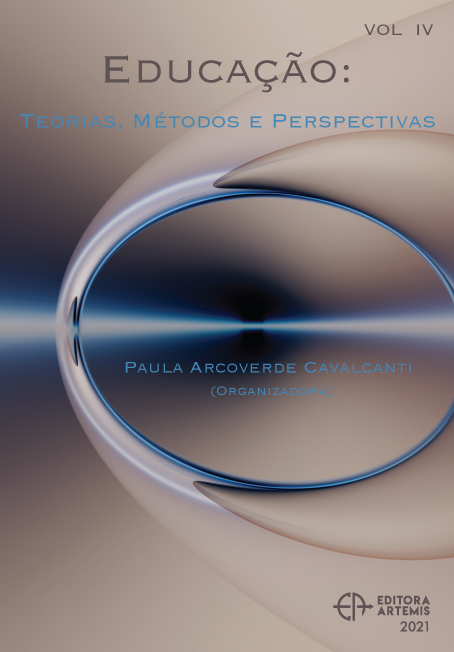
DESENVOLVIMENTO DE JOGO PARA A APRENDIZAGEM DAS OPERAÇÕES MATEMÁTICAS E ANÁLISE DO MESMO
É partindo da crescente utilização de novas tecnologias por parte das crianças, cada vez em idade mais precoce, que passa a justificar-se a utilização destes meios tecnológicos em meio educacional. É cada vez mais comum, crianças possuírem um dispositivo digital, que estes utilizam maioritariamente para fins lúdicos, quer para visualização de conteúdos multimédia, quer para jogar. É assim inevitável pensar na questão “Porque não utilizar estes meios para fins didáticos?”.
Partindo desta premissa, foi feita uma revisão das várias matérias lecionadas no plano educativo do primeiro ciclo do ensino básico a fim de entender quais as matérias “gamificáveis” e quais aquelas em que os alunos apresentam maior dificuldade, tendo sido selecionada a matéria “operações matemáticas” como conteúdo a abordar.
Foi feita uma pesquisa científica sobre “gamificação”, “videojogos didáticos” e “educação com novas tecnologias” a fim de perceber qual a melhor forma de criar um jogo apelativo que tivesse em conta as boas práticas de um bom jogo didático.
Procurou-se então desenvolver um jogo que auxiliasse a aprendizagem das quatro operações matemáticas (soma, subtração, multiplicação e divisão), com vista a ser implementado no primeiro ciclo do ensino básico. Acima de tudo pretendeu-se desenvolver um jogo que os alunos tivessem prazer de jogar, de forma a beneficiar a aprendizagem dos conteúdos visados, contrariamente aquilo que acontece na maioria dos jogos didáticos disponíveis, que apresentam os conteúdos a lecionar sobrepostos ao jogo, quebrando assim o estado de concentração no jogo (i.e. game flow). O jogo concebido é um jogo runner, onde o jogador controla um pássaro, que este tem de desviar de inimigos ao mesmo tempo que apanha itens para progredir no jogo. Este jogo foi testado ao longo do seu desenvolvido com crianças da idade visada, e posteriormente testada a sua eficácia no ensino das operações matemáticas.
DESENVOLVIMENTO DE JOGO PARA A APRENDIZAGEM DAS OPERAÇÕES MATEMÁTICAS E ANÁLISE DO MESMO
-
DOI: 10.37572/EdArt_16122147712
-
Palavras-chave: Gamificação, educação de crianças, jogo didático, operações matemáticas, tecnologia no ensino
-
Keywords: Gamification, children's education, educational game, math operations, teaching technology
-
Abstract:
According to the growing use of new technologies by children, increasingly at an earlier age, using these technological means in an educational environment becomes justified. It is becoming more common for children to own a digital device, which they use mostly for recreational purposes, either to watch multimedia content or to play games. It is therefore inevitable to think about the question “Why not use these tools for teaching purposes?”.
Based on this premise, a review of the various subjects taught in the educational plan of the first cycle of basic education was carried out in order to understand which subjects can be "gamified" and which are those in which students have more difficulty, having chosen the subject "mathematical operations” as the case study.
Scientific research was carried out on “gamification”, “didactic videogames” and “education with new technologies” in order to understand the best way to create an appealing game that keeps in mind the good practices of an effective educational game.We then tried to develop a game that would assist the learning process of the four mathematical operations (addition, subtraction, multiplication and division), with the purpose of being implemented in the first cycle of basic education. Above all, it was intended to develop a game that students would enjoy playing, in order to benefit from learning the targeted contents, contrary to what happens in most educational games available, which showcase the contents to teach superimposed on the game, thus breaking the state of concentration in the game (i.e. game flow). The game that was created is a runner game, where the player controls a bird, which has to dodge enemies while collecting items to progress in the game. This game was tested throughout its development with children of the target age, and its effectiveness later tested in teaching math operations.
-
Número de páginas: 15
- André Aparício

